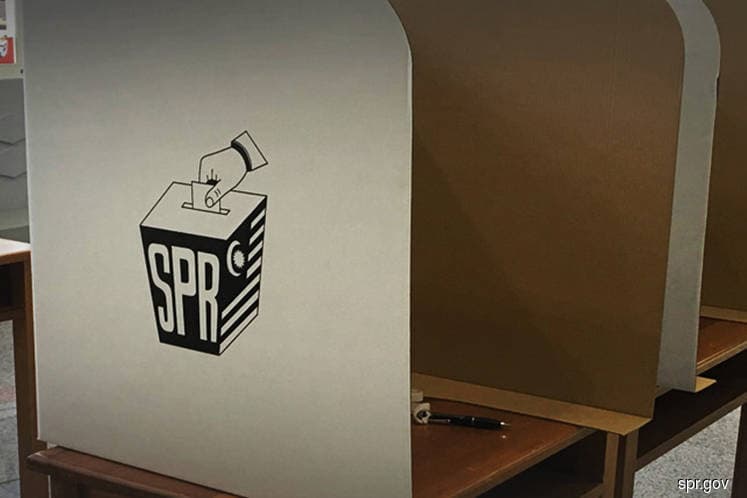
This article first appeared in The Edge Malaysia Weekly on May 6, 2019 - May 12, 2019
What happened on May 9, 2018, was a peaceful uprising through the ballot box; it was a regime change.
The nation’s old and new leaders, royalty, the civil service, the armed forces, the police and other institutions should be congratulated for the sense of normalcy that prevailed very quickly, with some memorable drama but without violence.
This is the foundation of our new democracy, which we should promote and protect.
To ensure political stability, these are the challenges as well as the measures that the government is undertaking — and strive for more.
First, democratic institutional reform is the common denominator of Pakatan Harapan. Reducing the scope and powers of the Prime Minister’s Office, parliamentary reforms, media freedom, an independent judiciary, neutrality of the civil service and many other reforms in this area would serve as the ground rules for a stable governing structure.
Everyone in power now is doing his or her best, not only to prove the capability of the government but to ensure zero corruption. Change may lead to some inertia in the initial stages but the democratic dividend would cement broader stability in the long run.
Second, job-led growth is the direction the Pakatan government is moving towards on the economic front as there is a limit as to how the cost of living can be dealt with, given that prices are sticky and the root cause is actually a vicious cycle of low pay, low skills and low productivity.
Third, the opposition has chosen to fight the government from the religious and racial fringe rather than confront and compete with it on policies. The centre must do everything to hold the nation together.
Therefore, we need a national vision, akin to Vision 2020 that was unveiled in 1991, that reassures all ethnic groups, as well as the people in Sabah and Sarawak, that no one should live in fear of the Other.
Fourth, national security and international posturing. The new government is keen to organise the security sector better, for instance, with the drafting of the first ever Defence White Paper.
The Foreign Ministry has a new framework too. And the handling of China’s projects in Malaysia shows that Malaysia has the intellectual capability to find the right balance geopolitically, but, to a certain extent, on our terms. This augurs well for stability in Malaysia and in the region.
Fifth, since this government was built on a Mahathir-Anwar reconciliation ticket, the transition for Datuk Seri Anwar Ibrahim to take over from Prime Minister Tun Dr Mahathir Mohamad can be smooth if it is recognised and agreed by all that it will be an Anwar-Mahathir government.
To consolidate democracy for Malaysia, Pakatan Harapan will have to start signalling to the public now that the grand coalition has the leadership and readiness to win GE15 and GE16.
For GE15, a united top leadership — Mahathir, Anwar, Tan Sri Muhyiddin Yassin, Lim Guan Eng and Mohamad Sabu — will provide a sense of stability. To have a strong leadership for GE16, it is vital to project and expose the cohort of younger ministers from now on.
For now, these measures can ensure political stability.
Liew Chin Tong is the deputy defence minister, MP for Kluang and a member of the DAP central executive committee, where he is education director
Save by subscribing to us for your print and/or digital copy.
P/S: The Edge is also available on Apple's AppStore and Androids' Google Play.